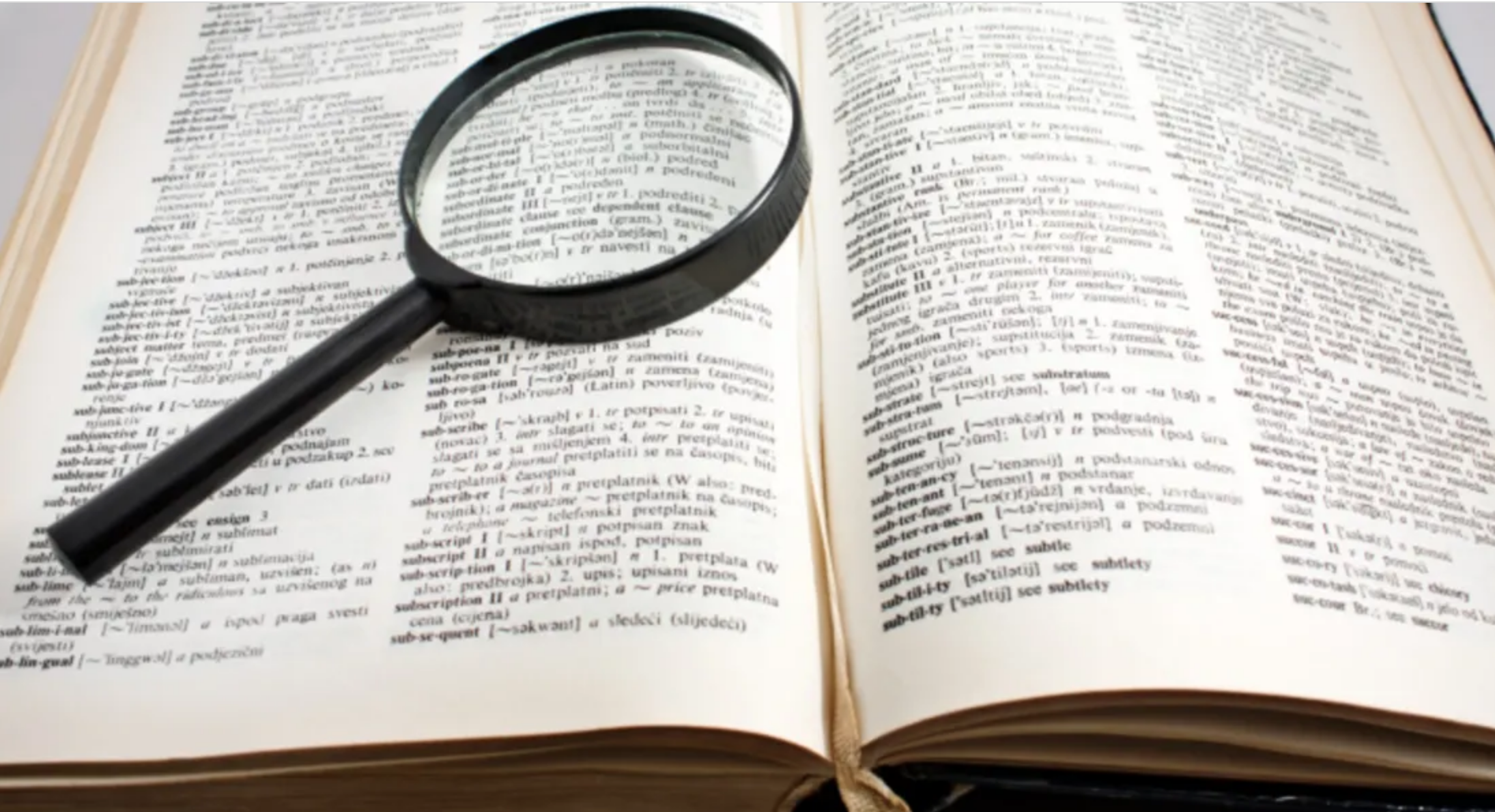The word for today is…
irony (noun) –
1a : the use of words to express something other than and especially the opposite of the literal meaning
b : a usually humorous or sardonic literary style or form characterized by irony
c : an ironic expression or utterance
2a (1) : incongruity between the actual result of a sequence of events and the normal or expected result
(2) : an event or result marked by such incongruity
b : incongruity between a situation developed in a drama and the accompanying words or actions that is understood by the audience but not by the characters in the play — called also dramatic irony
3 : a pretense of ignorance and of willingness to learn from another assumed in order to make the other’s false conceptions conspicuous by adroit questioning— called also Socratic irony
Source : Merriam -Webster
What is irony : Considerable thought is given to what events constitute “true” irony, and the dictionary is often called upon to supply an answer. Here are the facts about how the word irony is used.
Irony has two formal uses that are not as common in general prose as its more casual uses. One refers to Socratic irony—a method of revealing an opponent’s ignorance by pretending to be ignorant yourself and asking probing questions. The other refers to dramatic irony or tragic irony—an incongruity between the situation in a drama and the words used by the characters that only the audience can see. Socratic irony is a tool used in debating; dramatic irony is what happens when the audience realizes that Romeo and Juliet’s plans will go awry.
The third, and debated, use of irony regards what’s called situational irony. Situational irony involves a striking reversal of what is expected or intended: a person sidesteps a pothole to avoid injury and in doing so steps into another pothole and injures themselves. Critics claim the words irony and ironic as they are used in cases lacking a striking reversal, such as “Isn’t it ironic that you called just as I was planning to call you?,” are more properly called coincidence.
The historical record shows that irony and ironic have been used imprecisely for almost 100 years at least, and often to refer to coincidence. This 1939 quote from F. Scott Fitzgerald is typical: “It is an ironic thought that the last picture job I took—against my better judgment—yielded me five thousand dollars five hundred and cost over four thousand in medical attention.” Is this true situational irony? It’s debatable.
The word irony has come to be applied to events that are merely curious or coincidental, and while some feel this is an incorrect use of the word, it is merely a new one.
If you enjoyed this BFD word of the day please consider sharing it with your friends and, especially, your children.

